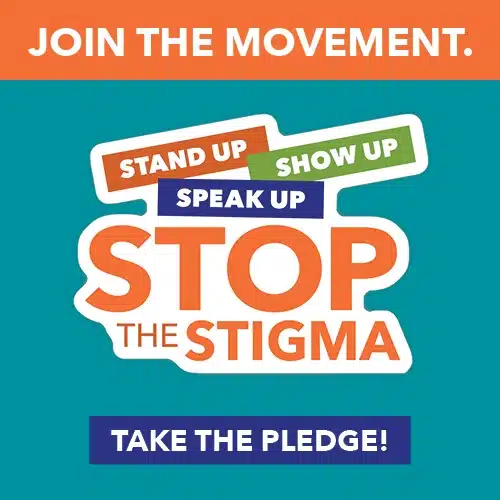As we honor Black History Month, it’s crucial to recognize not only the achievements and resilience of the Black community but also the unique challenges faced, particularly in the realm of mental health. Cultural competence in healthcare, especially mental health services, plays a pivotal role in bridging the gaps that disproportionately affect the Black community.

Understanding Culturally Competent Care
Culturally competent care involves healthcare providers understanding, respecting, and responding to the cultural, linguistic, and social needs of diverse patients. It goes beyond language translation to encompass an awareness of cultural values, traditions, and historical contexts that influence health behaviors and outcomes.
The Mental Health Gap in the Black Community
The Black community faces significant disparities in mental health care access, quality, and outcomes. Factors contributing to this gap include:
- Historical Mistrust: A history of systemic racism and unethical medical practices has fostered deep-rooted mistrust in healthcare systems.
- Stigma: Mental health issues often carry a strong stigma, leading to reluctance in seeking help.
- Lack of Representation: A shortage of Black mental health professionals can create barriers to culturally sensitive care.
- Socioeconomic Factors: Economic disparities impact access to quality mental health services.
Bridging the Gap Through Culturally Competent Care
To address these disparities, mental health providers and organizations must:
- Promote Diversity in Mental Health Professions: Encouraging diversity within the mental health workforce can enhance relatability and trust.
- Cultural Competency Training: Ongoing education for healthcare providers to understand and respect cultural differences.
- Community Engagement: Partnering with Black community leaders and organizations to raise awareness and reduce stigma.
- Tailored Mental Health Programs: Developing programs that reflect the unique experiences and needs of the Black community.
Oaks Integrated Care’s Commitment
At Oaks Integrated Care, we are dedicated to providing culturally competent mental health services. Our approach includes:
- Diverse Team Members: Hiring professionals from varied backgrounds to reflect the communities we serve. In fact, our management team is highly inclusive, with 60% of the 216 active management staff identifying as people of color. Both our Diversity Committee and Racial Equality & Social Justice Coalition identify and implement action steps needed to be part of the change we want to see in our organization and the greater communities we serve.
- Training Initiatives: We regularly conduct organization-wide cultural competency and DEI training.
- Community Partnerships: Reduce police brutality and excessive force through relationships and training with community law enforcement. Crisis Intervention Team Training is designed to improve first-responder interactions with individuals living with a mental health or addiction disorder.
During Black History Month and beyond, it’s essential to continue conversations around mental health and cultural competence. By understanding and addressing the unique needs of the Black community, we can work towards equitable mental health care for all.









